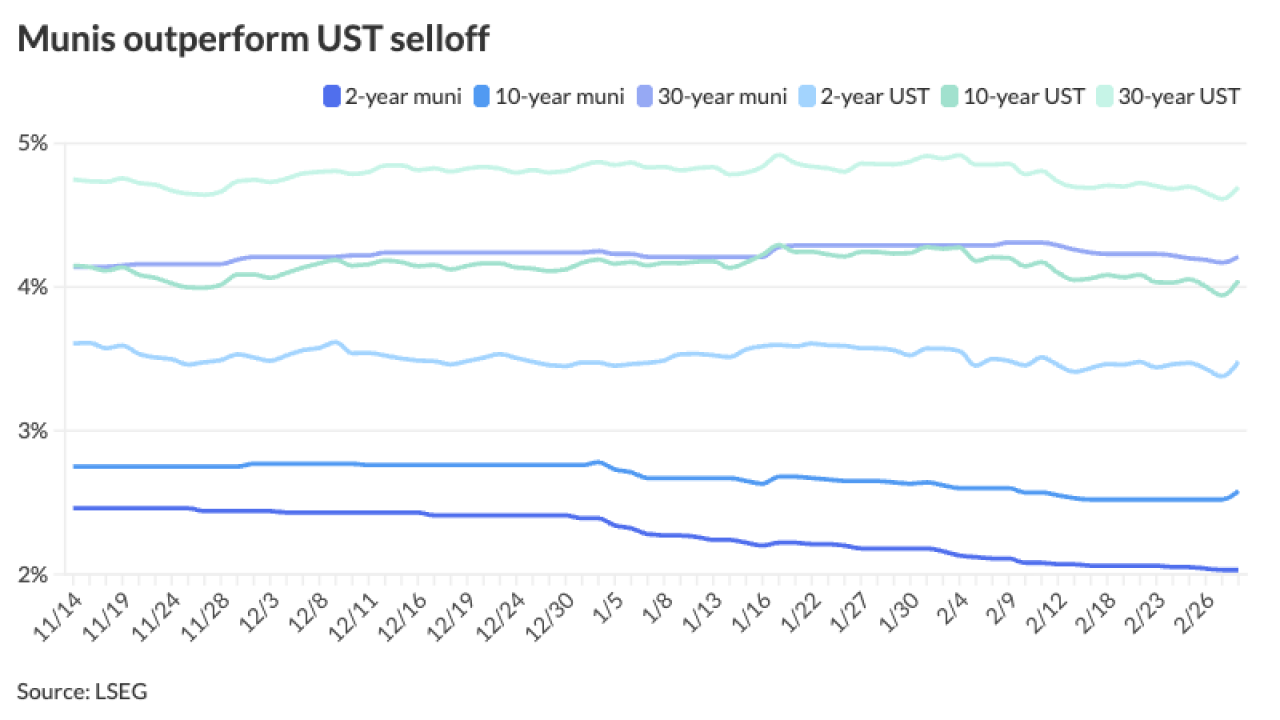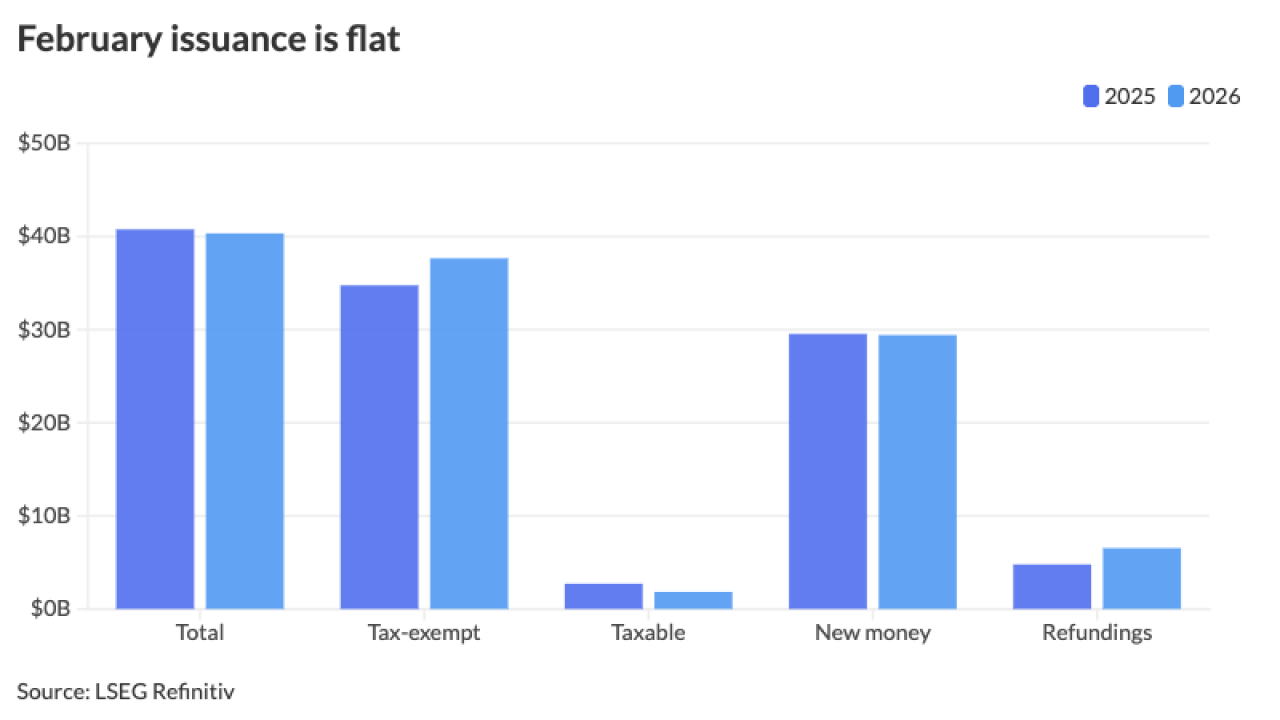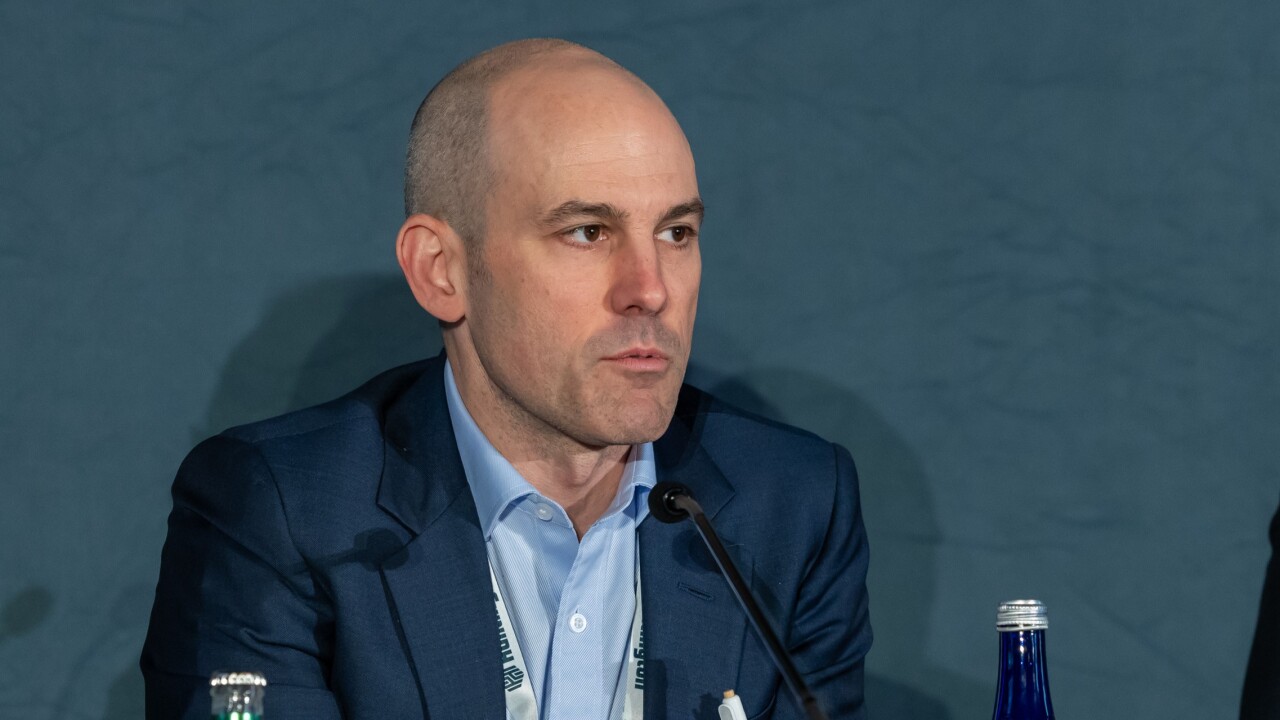SAN FRANCISCO — Seattle voters will decide on Tuesday a ballot measure that asks the city not to publicly finance professional sports venues unless the venture’s investment return equals the yield on a 30-year Treasury bond.
If Initiative 91 passes, it could set an example for other cities where voters oppose using public money to finance an arena.
A group called Citizens for More Important Things sponsored the measure. The group originally formed to oppose state legislation that would have provided tax revenues to finance upgrades to Key Arena for the Seattle SuperSonics of the National Basketball Association and its women’s team, the Storm.
That state legislation failed in the 2006 legislative session but the bill’s original sponsor, Sen. Marguerita Prentice, D-King County, chair of the ways and means committee, said she would wait and see what the outcome of the I-91 vote is before introducing any new bills in 2007.
“Oh, it’ll pass, and I’m sure it’ll pass overwhelmingly,” said Prentice referring to I-91. “But it won’t make a difference because it’s only limited to Seattle. Seattle is pretty much out of the picture already, as the new owners are looking at possibilities in Bellevue and Renton,” in the suburbs.
However, Prentice said her suburban constituents aren’t all opposed to her proposal to finance a new arena using revenues from taxes on lodging or restaurants, in contrast to Seattle residents’ stronger opposition.
In July, the Sonics franchise was sold to a group of five Oklahoma City investors called the Professional Basketball Club LLC.
“I’m certainly not in the position to commit to anything without seeing what the new owners propose,” Prentice said, referring to the possibility of reintroducing state legislation that would help finance a replacement to Key Arena.
Before the team was sold, the Sonics sought a replacement to Key Arena costing $200 million, all financed through tax-backed bond issuance.
After the team was sold in July, the city of Seattle offered three possible incentive packages ranging from $50 million to $148 million in bond financing for a new arena.
None of Seattle’s three proposals addressed another of the Sonics’ wishes, that the city assume liability for repaying $50 million in outstanding general obligation debt that had paid for 1995 renovations to the arena.
While the team’s lease on the arena expires in 2010, the renovation debt finally matures in 2015. So far the new owners have said they want to keep the team in Seattle.
“The ball is still in the new owners’ court. They’re a business, so they’ve got to look at their bottom line and see where it makes sense to have an arena, whether it’s in Renton or elsewhere,” said Seattle City Council chairman Nick Licata.
“I’m not sure Seattle is a big enough market for three major professional sports teams. I don’t expect the public to bail the Sonics out,” said Licata, referring to the Seahawks and Mariners. Both play in recently built, taxpayer-financed stadiums, and neither has the revenue troubles that the Sonics have.
Government officials expect the new owners of the Sonics to come up with more of the money regardless of whether the team stays in Seattle. Even the sponsors of I-91 agree.
“The new owners understand finance, have access to the capital markets and have a much better understanding of street politics,” said Chris Van Dyk, co-chair of Citizens for More Important Things. “You will see the Sonics come back to the table and get very creative, do a deal in a way that the public money truly goes for public things.
The U.S. Joint Committee on Taxation released a study on Jan. 27, 2005, recommending a law making it virtually impossible for tax-exempt bonds to be used for a professional sports arena. So far, neither the House nor Senate has actually introduced legislation to this effect.





